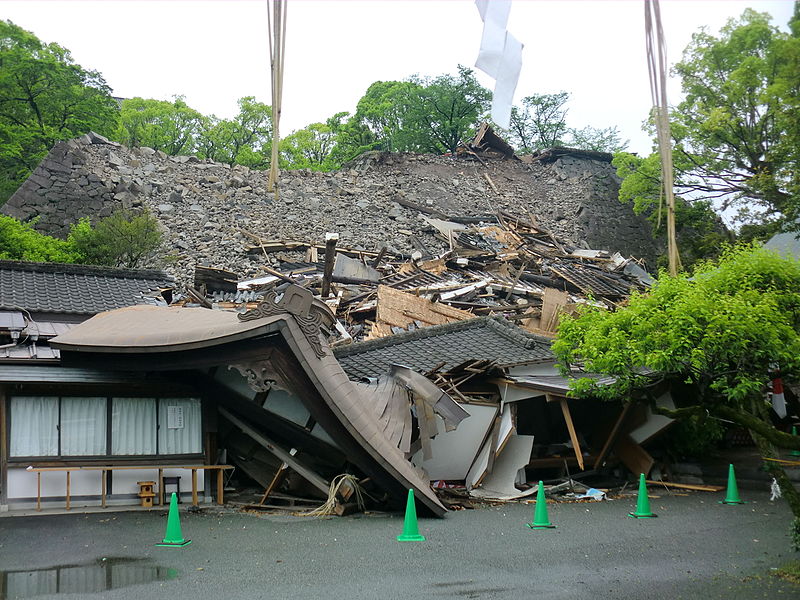
The first author of a now-retracted paper in Science about the effects of the deadly 2016 Kumamoto earthquake in Japan has been suspended from his university position for one year.
Aiming Lin, of the Department of Geophysics at Kyoto University, was sanctioned by the institution for misconduct stemming from his misuse of data and plagiarism in the 2016 paper:
It is truly regrettable that such a situation has arisen, and we will continue to work on preventing the recurrence of the whole university in the future as well as strictly dealing with inappropriate acts as a faculty member.
[Note: Google translate converts Lin’s name to “Akiaki Hayashi,” which Japanese speakers tell us is an artifact of how the software processes the character system.]
Kyoto University announced its findings of misconduct in March but did not describe any sanctions at that time.
Kyoto is not alone. In March, we reported that Osaka University had found fake data in at least five papers by one of its researchers about the same event.
Hat tip: Lemon-stoism, Author of world fluctuation watch
Like Retraction Watch? You can make a tax-deductible contribution to support our work, follow us on Twitter, like us on Facebook, add us to your RSS reader, sign up for an email every time there’s a new post (look for the “follow” button at the lower right part of your screen), or subscribe to our daily digest. If you find a retraction that’s not in our database, you can let us know here. For comments or feedback, email us at [email protected].
I’m a little confused. Was Aiming Lin, which sounds like a Chinese name, the author or was Akiaki Hayashi, which sounds like a Japanese name, the actual author?
The characters of the name are read Aimin Lin in Chinese, but since they also exist in Japanese the automatic translator tries to give them a Japanese pronunciation (Aiaki Hayashi) that is why it sound like a real Japanese name.